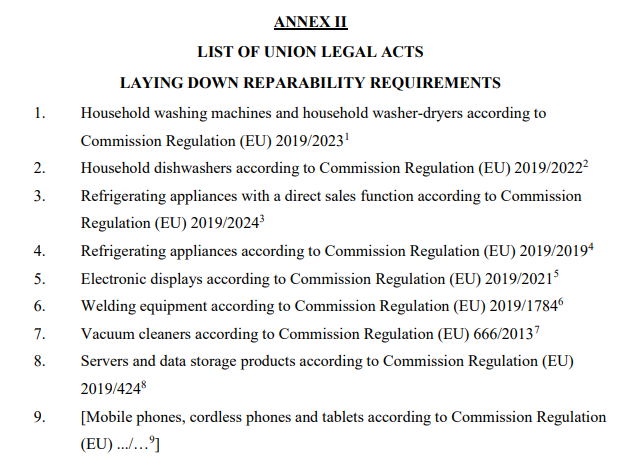
Let's see how that will play out. As a reminder: Recital 11 of the legislative text that the FDP wanted to veto. You can see: No political gain for this stunt! But a weakening of the ordinary legislative procedure. What a disaster. What do we know about the implementation? 🧵 
https://twitter.com/TimmermansEU/status/1639553948179742720

1/ There will be the confirmatory adoption by the Council of the unchanged 2035 end of the combustion engine (amending Regulation (EU) 2019/631 as regards strengthening the CO2 emission performance standards for new passenger cars).
2/ The Commission seems to have proposed to adopt an implementing act under Article 5(3) of Regulation (EC) No 715/2007 on type approval of motor vehicles with respect to emissions from light passenger and commercial vehicles (Euro 5 and Euro 6) (eur-lex.europa.eu/legal-content/…). 

3/ With this implementing act the Commission intends to introduce a new vehicle class running exclusively on CO2 neutral fuels (aka #eFuels) with a view to clarify that these cars meet the 2035 fleet target. Debateable whether that is really a non-essential element.
4/ Given that this implementing act will be adopted under the 1999 comitology decision (as the Euro 6- Regulation pre-dates the Lisbon Treaty), the European Parliament (by absolute majority) and the Council (by qualified majority) can still reject the draft implementing act. 

5/ The Commission can then still start a legislative procedure in order to implement Recital 11 (which would the legally safe way anyway: politically contentious matters have to be settled by those who have the legitimacy to do so: Parliament and Council).
6/ I still find it contradictory to adopt a delegated/implementing act (which in itself may not take political decisions) in order to settle a political conflict. This is legally and politically shaky.
What remains: A Member State threathens with an EU consitutional crisis (disregard of the outcome of a legislative procedure) and gains nothing substantial in return. A political stunt that could or must have been avoided. To be continued ... /END
• • •
Missing some Tweet in this thread? You can try to
force a refresh












